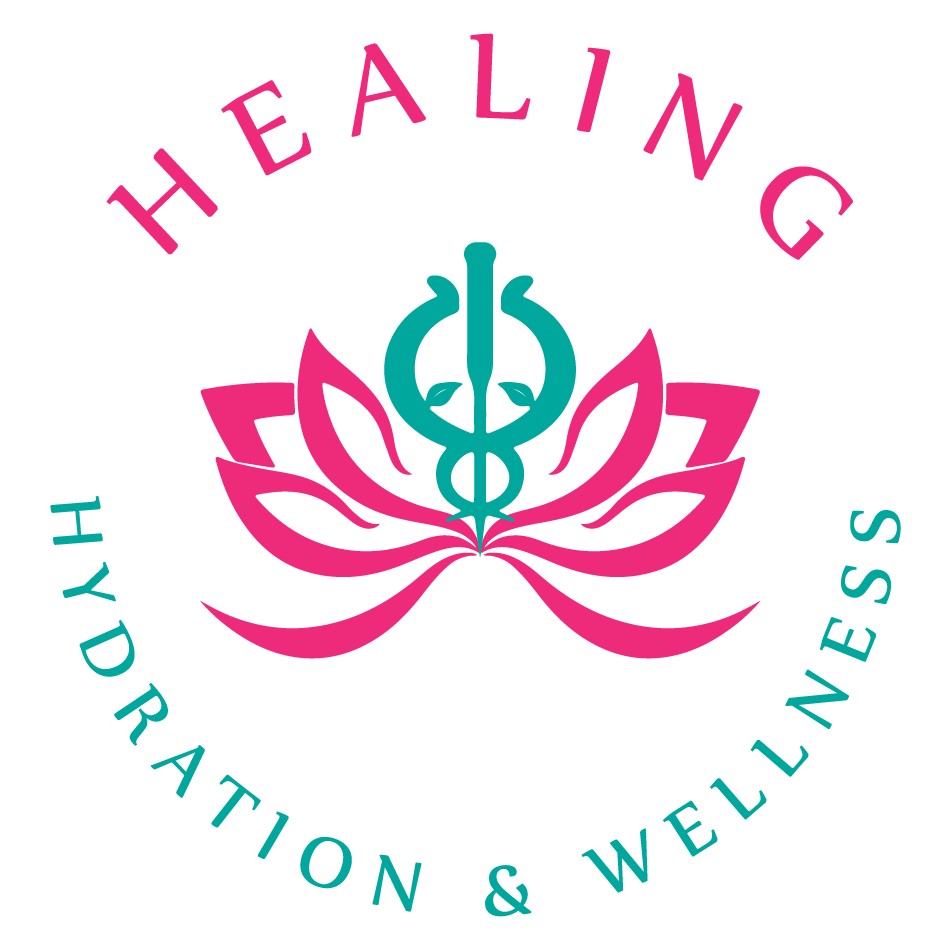Cortisol, often referred to as the “stress hormone,” plays a crucial role in regulating the body’s response to stress, blood sugar levels, metabolism, and inflammation. While it’s essential for survival, consistently high cortisol levels can negatively impact physical and mental health. Learning how to lower cortisol naturally can help reduce chronic stress, support hormonal balance, and enhance overall well-being. This article explores proven strategies to manage cortisol levels through lifestyle, nutrition, movement, and relaxation techniques.

Understanding Cortisol and Its Effects
Cortisol is produced by the adrenal glands and is released in response to stress through activation of the hypothalamic-pituitary-adrenal (HPA) axis. In short bursts, cortisol helps the body respond to challenges by increasing energy availability, improving alertness, and enhancing immune function. However, prolonged elevation due to chronic stress can disrupt sleep, impair digestion, weaken the immune system, and contribute to weight gain, anxiety, and hormonal imbalances.
High cortisol has been linked to a range of health issues including high blood pressure, insulin resistance, inflammation, and difficulty concentrating. Managing cortisol is not about eliminating it but rather keeping it within an optimal range to support the body’s natural rhythms.

Get Consistent, Quality Sleep
Sleep is one of the most powerful tools for regulating cortisol levels. Inconsistent or insufficient sleep can elevate cortisol and disrupt the body’s natural circadian rhythm. Aim for 7 to 9 hours of quality sleep each night. Establishing a consistent bedtime, reducing screen time before bed, and creating a calming nighttime routine can improve sleep quality and help reset production.
Sleep hygiene also plays a role. Keeping your bedroom cool, dark, and quiet, and avoiding caffeine or heavy meals in the evening can significantly improve sleep. For those struggling with sleep and adrenal balance, working with a wellness provider may be beneficial.
Practice Stress-Reducing Techniques
Chronic psychological stress is a major driver of elevated cortisol. Mindfulness-based practices such as meditation, deep breathing, journaling, and progressive muscle relaxation help calm the nervous system and lower cortisol. Even just 10 minutes of daily breathwork can initiate a relaxation response that shifts the body out of a stress state.
Engaging in creative hobbies, spending time in nature, and connecting with others also reduce it. Social support acts as a buffer against stress and encourages emotional regulation. Incorporating these moments of joy and rest throughout the day can transform your body’s relationship with stress.

Exercise Wisely
Physical activity can both increase and decrease it depending on the type, duration, and intensity. Short-term increases in cortisol during exercise are normal and healthy, but excessive high-intensity workouts without adequate recovery can keep cortisol elevated over time.
Moderate-intensity activities like walking, yoga, cycling, and swimming help lower cortisol and improve mood. Incorporating rest days, getting sufficient sleep, and nourishing the body with proper nutrition post-exercise are key to keeping it in check while still enjoying the benefits of movement.
To support stress recovery and hydration, explore services from Healing Hydration & Wellness.

Eat a Nutrient-Dense Diet
What you eat has a direct impact on hormone regulation, including cortisol. A diet rich in whole foods—fruits, vegetables, lean proteins, healthy fats, and complex carbohydrates—supports adrenal health and stabilizes blood sugar. Skipping meals, high-sugar foods, and excessive caffeine can spike it and create imbalances.
Certain nutrients are especially beneficial for lowering levels down. These include magnesium, vitamin C, B-complex vitamins, and omega-3 fatty acids. Foods like leafy greens, citrus fruits, salmon, avocados, and nuts are excellent additions to a cortisol-conscious diet.
Hydration is also important. Dehydration is a stressor to the body and can elevate levels. IV hydration therapy, like the options offered at Healing Hydration & Wellness, may be used for fast replenishment of essential nutrients and fluid balance.

Limit Stimulants and Alcohol
Excessive caffeine consumption stimulates cortisol production, particularly when consumed in large amounts or on an empty stomach. Limiting intake to one cup of coffee per day and avoiding caffeine in the afternoon can help normalize patterns.
Similarly, alcohol can interfere with the body’s stress response and disrupt sleep, further elevating cortisol. Reducing or eliminating alcohol intake—especially during periods of stress—can aid in better hormonal regulation.

Conclusion
Learning how to lower cortisol starts with small, sustainable shifts in lifestyle. Prioritizing sleep, managing stress, moving your body in supportive ways, and nourishing yourself with whole foods all contribute to balanced levels. These practices not only improve your mood and energy but also support long-term health.
For those looking for personalized guidance and recovery support, Healing Hydration & Wellness offers wellness consultations and hydration therapies tailored to your body’s needs.



